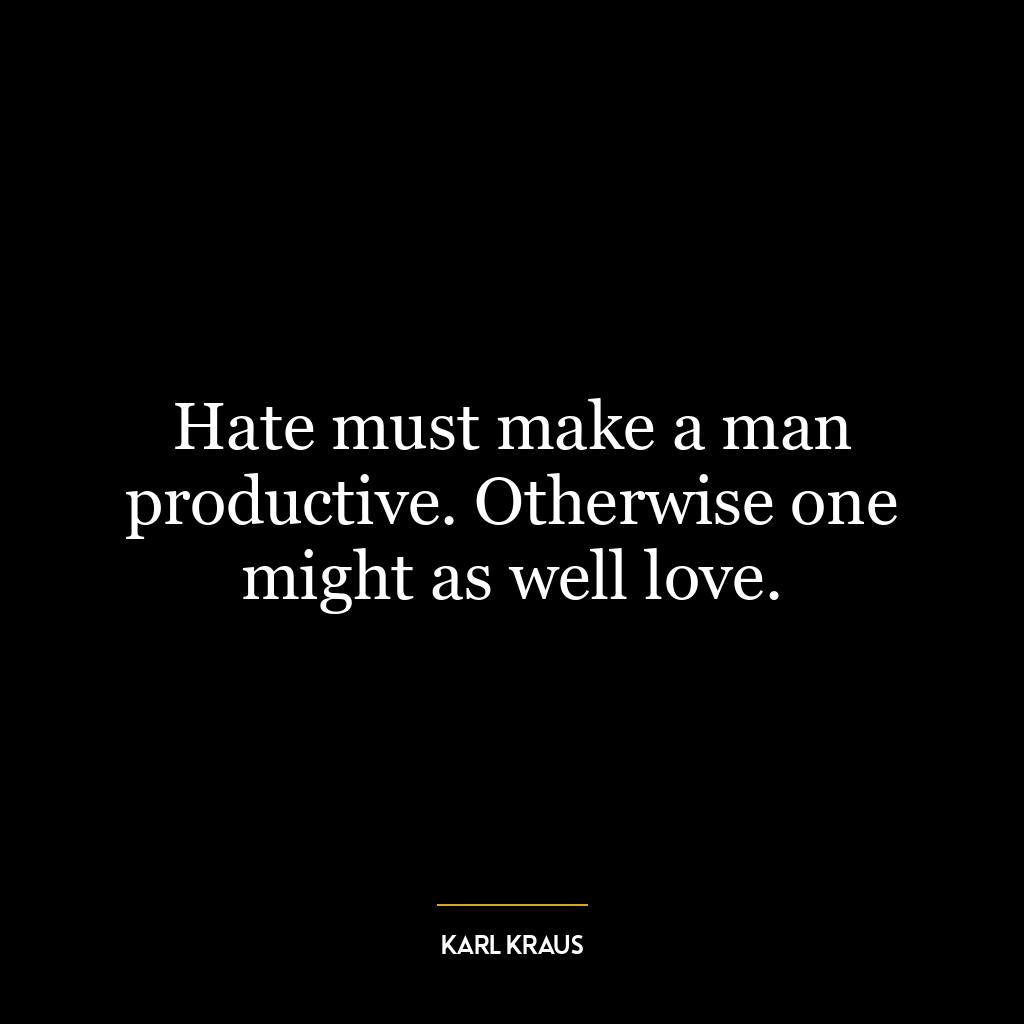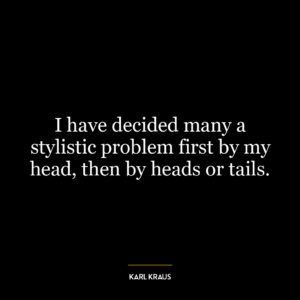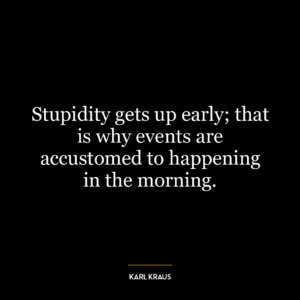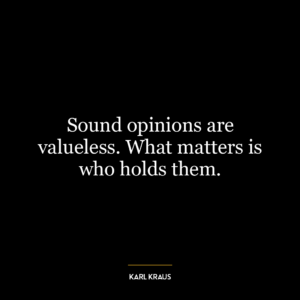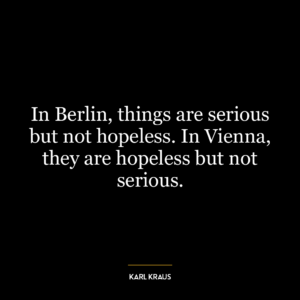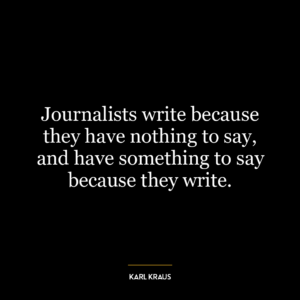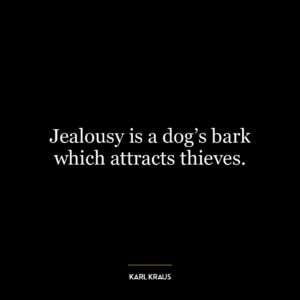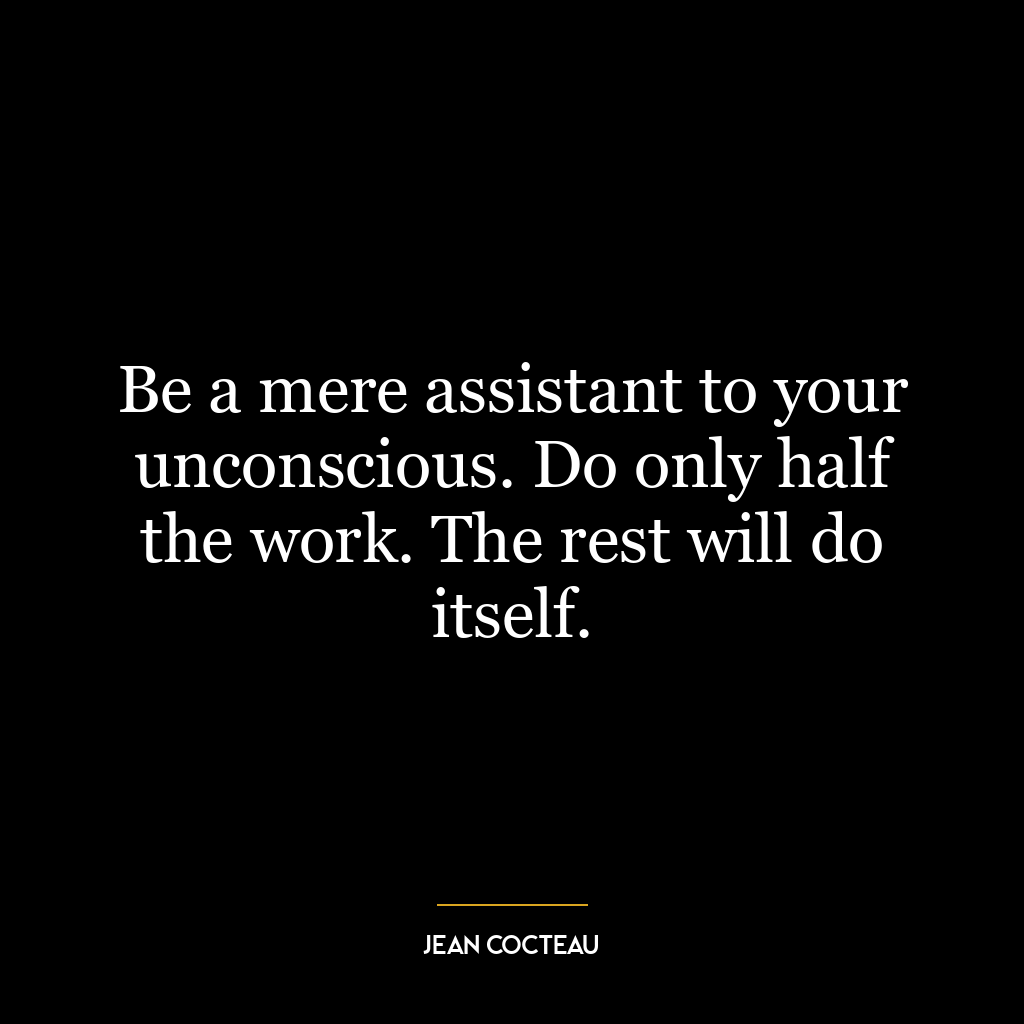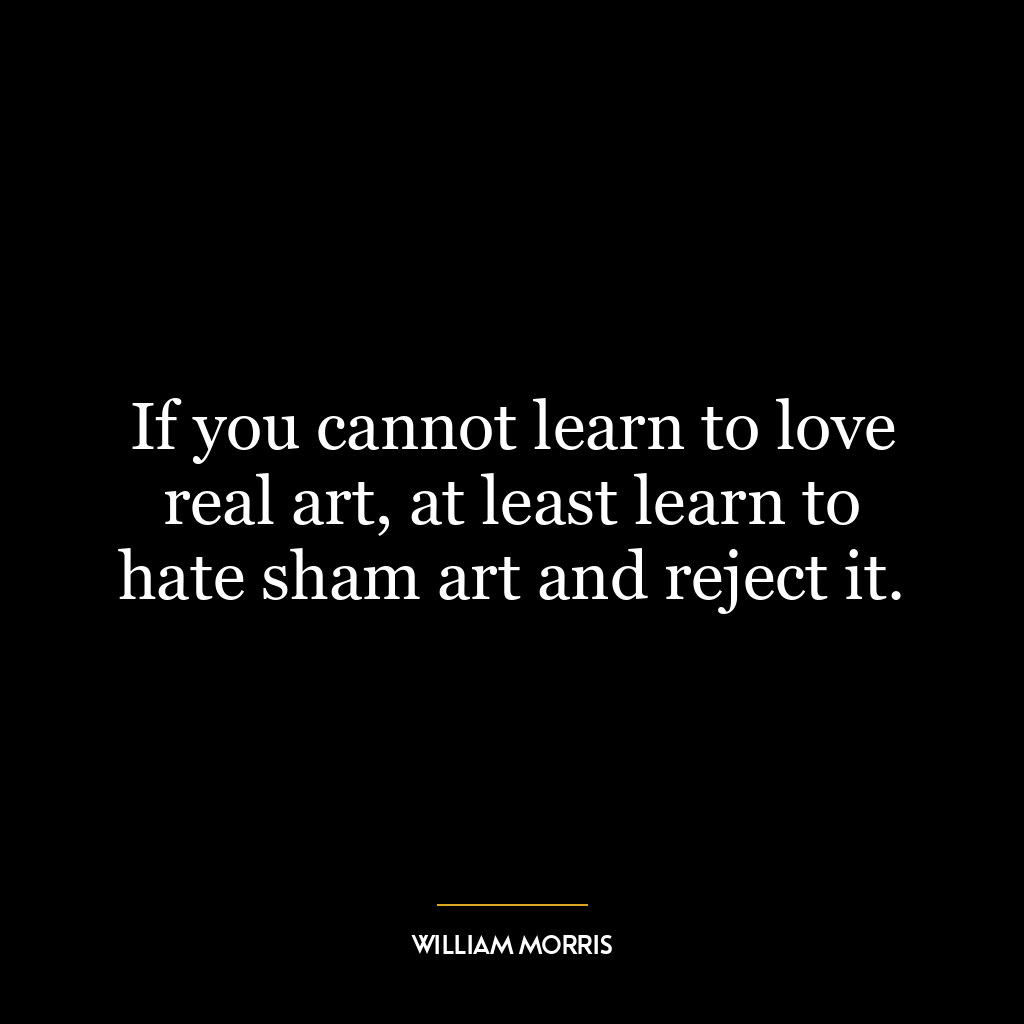Hate must make a man productive. Otherwise one might as well love.
This quote suggests that if hate is to serve any purpose at all, it should be to drive productivity or inspire action. Otherwise, it is a wasted emotion, and one might as well choose love, which is generally seen as a more positive and constructive emotion.
Kraus implies that hate is a powerful emotion that can consume a person, and if it’s not channeled into something productive or transformative, it can be destructive. It’s not about endorsing hate, but rather acknowledging its potential energy if it is redirected positively.
The quote also subtly highlights the dichotomy between love and hate, suggesting that if hate doesn’t lead to productivity, then love, a more positive emotion, is the better choice. This could be seen as an endorsement of love as the default state, with hate only justified if it leads to some form of positive change or action.
In today’s world, this idea can be applied on both a societal and individual level. For instance, people often feel anger or hatred towards social injustices. If these feelings inspire them to take action, such as volunteering, protesting, or advocating for change, then the hatred has served a productive purpose. If not, it would be healthier and more beneficial to choose love and understanding, promoting unity and peace.
In terms of personal development, it suggests the importance of channeling negative emotions into positive actions. For example, if someone dislikes their job, they could use that discontent as motivation to seek better opportunities or to develop new skills. If they simply stew in their hatred without taking action, it would be more beneficial to find aspects of their job they love and focus on those.
Overall, the quote emphasizes the power of emotions as catalysts for action and change, and the importance of choosing love over hate when hate doesn’t lead to productivity.

